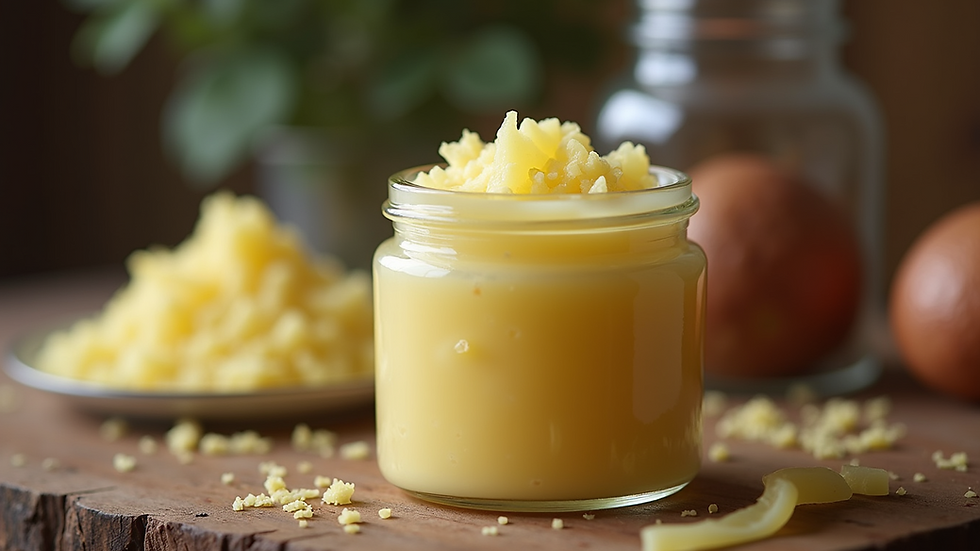Read Up on CBD and THC Topicals?
- Uptown Remedies

- Oct 29, 2020
- 2 min read
Yes, CBD Creams Relieve Pain. But Science is Still Learning About the Benefits and Risks Topical CBD creams can treat pain, discomfort and inflammation. Here’s what science knows about how they work. Our knees ache, our backs hurt, our feet throb. Pain is one thing everybody wants gone. Unfortunately for chronic pain sufferers, many treatments come with unwanted side effects. Opioid pain relief can cause nausea, constipation and addiction. Standard anti-inflammatory meds carry the risk of stomach issues, including bleeding. The limited options prompt many folks to try creams and lotions containing cannabidiol (CBD). Researchers have confirmed that CBD works, they're also working to nail down the proper dose of topical CBD needed for pain relief. For example, the dose that brings relief to achy joints may be insufficient to effectively treat nerve damage in feet. While rubbing topical CBD onto the skin seems to work, researchers still need to figure out how much skin coverage is most effective. Some skin creams also contain menthols, which carry their own pain relief and anti-inflammatory properties, possibly masking any effect from the CBD itself. CBD is one of the hundreds of biologically active ingredients produced in Cannabis sativa plants. Unlike THC, its psychoactive cousin that makes people feel high, CBD can ease pain without the euphoria or fear of addiction. The cannabinoid has similar effects whether absorbed through the skin or ingested by mouth. Skin in the Game Pain is a big driver behind opioid addiction. Many people who began treating chronic pain with prescription opioids have switched to heroin when other drugs became difficult to get. A lot of people have died as a result.
By the time you feel any annoying itch or prick of pain, CB1 and CB2 receptors on your skin cells have already fired off signals to help dampen those unpleasant vibes. These receptors — part of the body’s endocannabinoid system — spend their workdays responding to chemical messages that help our skin nurture a healthy balance. CBD cream bypasses the CB1 and CB2 receptors and heads straight for a neurotransmitter middleman that blocks signals for pain and itch by working through agents called anandamide and 2-AG.
Sidestepping the CB1 and CB2 receptors means that CBD can mute pain without the high sensation delivered by THC. Not only does CBD have very little interest in switching on CB1, cannabidiol can actually mute any signals sent to that receptor. Researchers looking for safer pain treatments want to take advantage of this action because it means that CBD won’t spark addiction.
So far, though, most larger scientific studies on CBD have been limited to animals. A handful of small human trials are now underway to evaluate the extent of cannabidiol's pain relief potential. Even without clinical trials, many people already use legal CBD to counteract the intense discomfort brought on by chemotherapy, and to ease pain in arthritic joints. Texas-based dermatologist Jennifer Clay Cather, who cares for people with complicated skin problems, says most of her patients come from oncology. She also owns a research company that develops CBD skin products. “We need large, evidence-based trials testing different conditions, and also testing the reproducibility of the molecule,” Cather says.





Comments